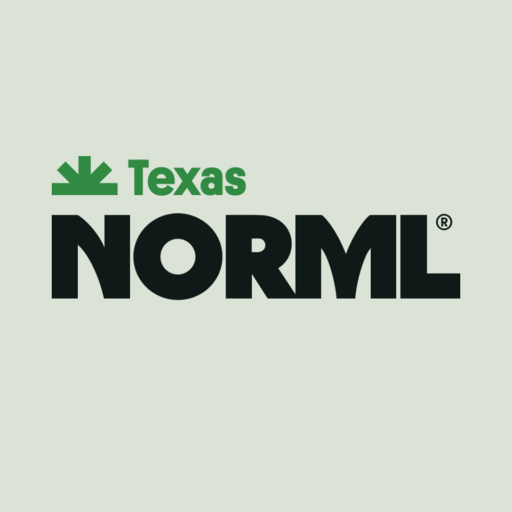2009: The Year In Review – NORML’s Top 10 Events That Shaped Marijuana Policy
January 3, 2010Meeting Notes Jan 6th, 2010
January 6, 2010December 30th, 2009 By: Russ Belville, NORML Outreach Coordinator
(Courthouse News Service) – Two North Dakota farmers failed to convince the 8th Circuit that cannabis grown for industrial hemp is not technically marijuana and should not be regulated under federal law.
The court in St. Louis upheld dismissal of the farmers’ lawsuit seeking a declaration that the Controlled Substances Act (CSA) does not apply to industrial-use cannabis.
The appeals court pointed out that the Act defines marijuana to include all cannabis plants, regardless of the THC concentration.
“The CSA likewise makes no distinction between cannabis grown for drug use and that grown for industrial use,” Judge Pasco Bowman wrote.
The three-judge panel rejected the notion that industrial hemp is not marijuana under the Act, or that Congress has no authority to regulate their state-sanctioned cultivation of cannabis.
Judge Bowman said Congress had a “rational basis” for regulating the cultivation of all cannabis plants in order to effectively regulate marijuana.
The “rational basis” here is that North Dakota farmers can’t grow tall, reedy hemp plants that could never ever get anyone high, because that will confuse the law enforcement officials who are working to eradicate short bushy cannabis plants that are grown to get people high. Somehow, in Australia, Canada, and China to name a few countries, police who are tasked with eradicating illegal cannabis in those countries that have legal hemp have no difficulty whatsoever distinguishing the two crops, but American police are just baffled by basic agriculture.
Silly as it sounds, that’s the court’s argument. We’d never be able to “effectively regulate marijuana” if farmers were growing hemp. Not that we’re actually “effectively regulating marijuana” now. Prohibition of marijuana is the absence of regulation — no regulations on who can buy it, who can sell it, where it can be sold, what age you must be to purchase it, where it can be used, what THC potency is allowed, whether the crop can be grown with certain pesticides and fertilizers, and what penalties should be leveled for failure to follow the regulations. Yes, there are laws against marijuana that makes all of those actions a crime, but by definition you can only regulate something that is legal.
Prohibition doesn’t make those actions go away, it just makes them crimes. Therefore, those actions are occurring in an unregulated manner. So how is it, again, that growing an industrial hemp plant is preventing the government from regulating something that prohibition made unregulated?
